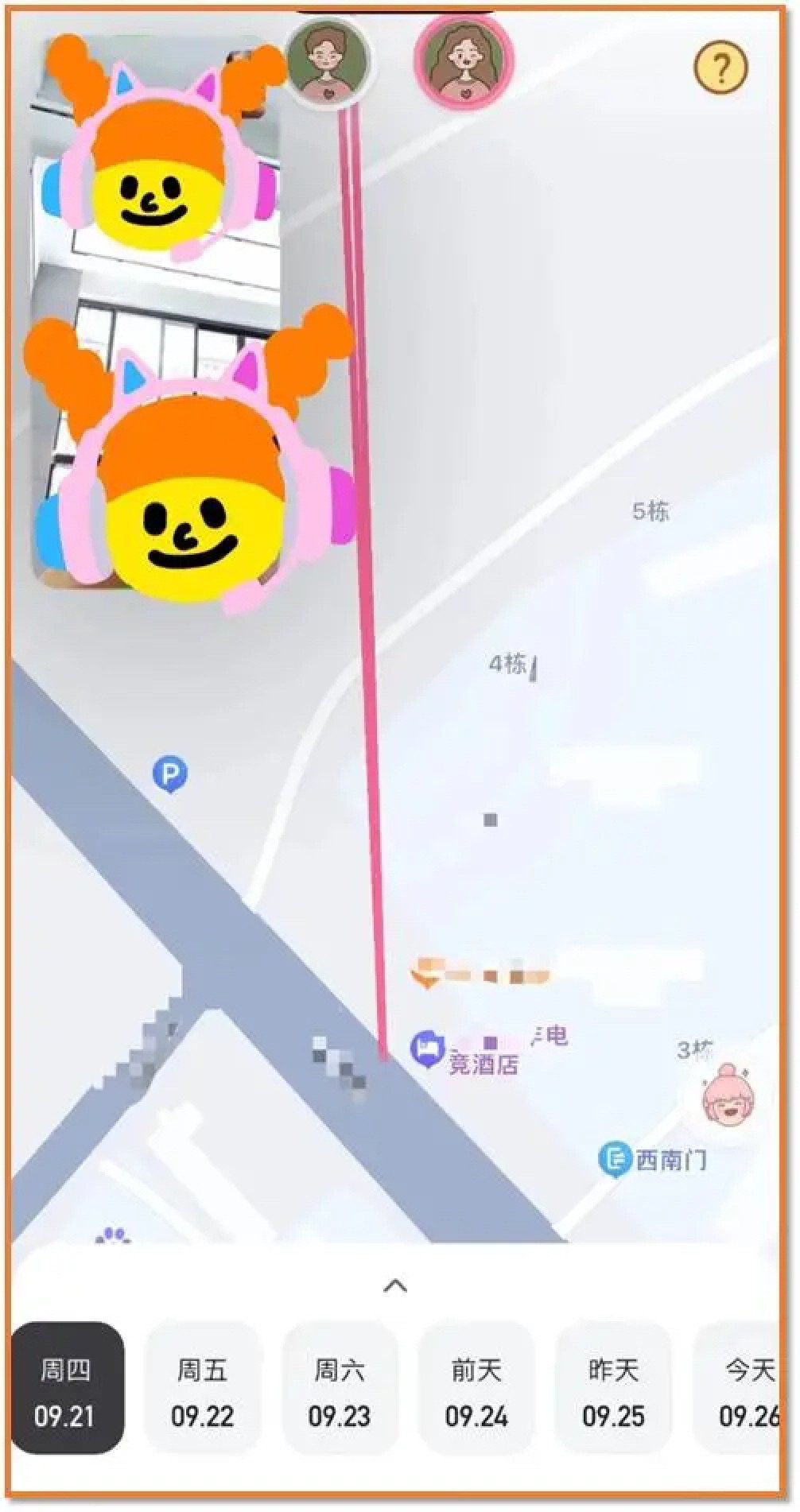‘Relationship surveillance tool’: China dating apps launch location tracking for couples to monitor each other, claim it enhances trust, security

[ad_1]
A series of dating apps in China have introduced location-tracking features for couples to boost revenues through subscriptions, sparking controversy on mainland social media.
Some of the features include real-time location tracking, daily check-ins, and allowing significant others to check phone usage.
The idea is to foster transparency within a relationship, but they have also exacerbated tensions between couples who find issues with their partner’s behaviour.
The premium functions are accessible exclusively through paid memberships and often feature in-app purchases, such as “make-up cards” that cost more than 10 yuan (US$1.4).

The make-up cards are a way to apologise if a significant other forgets to use the check-in feature that allows people to record how much time they spend together in the relationship.
One subscription allows for mutual sharing of phone information and lets users access each other’s smartphone details, including usage time, battery level, network status and screen unlock history.
However, Xia Ting did not expect that using the location-tracking feature on her dating app would lead her boyfriend to suspect her of infidelity, reported TMT Post.
In 2022, she discovered the app’s advertisement while watching short videos and was captivated by its location-tracking feature. She downloaded it, believing it would bolster mutual trust and security in her relationship.
“Perhaps due to our personalities, my boyfriend and I need to know what the other is doing at all times,” Xia explained.
But after Xia and her boyfriend returned to their hometowns in September, he accused her of secretly visiting an esports hotel.
Speechless and angry, Xia soon discovered the app had inaccurately tracked her movements as being active outdoors even though she had not left her home. The app even said she had a daily step count of more than 1,500 paces.
She contacted the app’s customer service about the bug but was told that “weak GPS signals could have affected travel records.”
To “prove her innocence,” Xia spent more than 800 yuan (US$110) on a third-party verification service, only to discover that the company was a scam and she lost all of her money.
“Location-tracking software is causing harm,” she told TMT Post.

The debate about the dating app location-tracking features on mainland social media mirrored her concerns.
One person said: “This is extremely absurd. It’s a relationship surveillance tool.”
“Trust between couples is not enhanced through location tracking. If you enter a relationship with suspicion, the result is destined to be what you feared,” said another.
“When you need this software, the seeds of mistrust have already been sown in your hearts,” a third echoed.
[ad_2]
Source link





